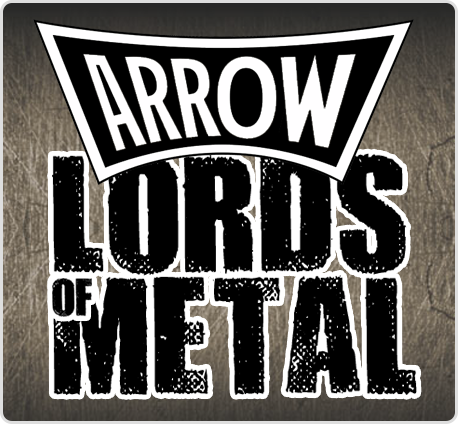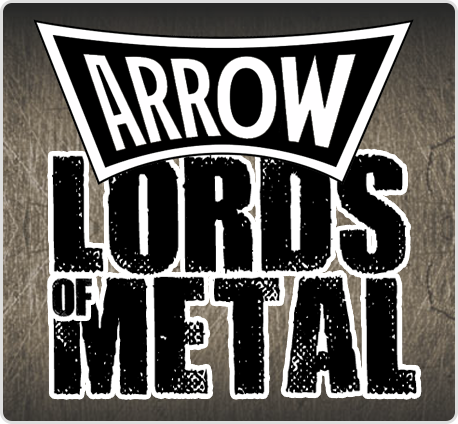ULI JON ROTH thinks most metal maybe a bit two-dimensional
Praises Jan Akkerman

13-08-2025
In a new interview with Andrew McKaysmith of the Scars And Guitars podcast, legendary German guitarist Uli Jon Roth spoke about his pioneering role in the neoclassical metal genre. His unique style, incorporating classical techniques and exotic scales, has inspired numerous guitarists, and his time with the SCORPIONS significantly shaped the band’s sound. Roth said: “I’m not a metal guy. When I was in the SCORPIONS and the name heavy metal barely existed, we were considered, if you want to classify it, as a melodic hard rock band. So metal, the name, came afterwards, and then it became something which is actually not my cup of tea. Most metal, for me, is just a little bit too hardcore, a little bit too distorted and, for me, maybe a bit two-dimensional. And what I mean by that is the lack of dynamics.
“I come from a time, like in the ’60s when I first started, in the ’70s, where even loud bands played with a lot of dynamics,” Uli explained. “People like LED ZEPPELIN, (Jimi) Hendrix, CREAM, they were loud on stage with the amplifiers, but they were actually very dynamical in it. The guitars, the drums, everything was dynamical. Now, in heavy metal that gradually went away and everything went to 11 all the time — the guitar constantly hyper distorted, every drum beat fortissimo — and for me, it’s very often more like a cacophony. So I’m not a fan. There are some metal things that are excellent and great — absolutely — but on the whole, it’s not something I like to listen to. It’s not my world.”
Asked how it feels to know that he and fellow German guitarist Michael Schenker were so hugely influential in shaping the heavy metal guitar style that is popular today, Uli responded: “I don’t really think along these lines. For me, I know that we had a strong influence on particularly guitar players, but some people have said, ‘Yeah, these two guys are the architects of rock,’ which is, I think, an exaggeration, because we were standing on the shoulders of other people. Michael was listening to maybe LED ZEPPELIN, Rory Gallagher, MOUNTAIN and I was listening to (Eric) Clapton, Hendrix and some other bands. And that’s where we learned our craft. And then, of course, we were like the next generation. We put our own stamp on it. And it was a time of discovery — the early ’70s sort of field was wide open; it was completely wide open. And there weren’t that many explorers around, I found. There were a few, and they pushed it forward. In Holland, in the Netherlands, you had Jan Akkerman. He was an explorer, and he was amazing, and his guitar playing — he was way ahead of the game of most of the other players. In England you had Ritchie Blackmore (DEEP PURPLE). Then you had Brian May (QUEEN) in England slightly later. All these people were pushing it forward in their own way, and most of them were in England, most of the great guitar players, which is very strange, but I counted it once; there were at least 12 of them. Some of them may be not as well known, but there was (PINK FLOYD‘s David) Gilmour, there was Allan Holdsworth. There was Gary Moore; of course, he was Irish. There was Hank Marvin, who started it all. There was (THE BEATLES‘) George Harrison. Amazing what he did on the electric guitar and the sitar. And I probably forgot quite a few here, but they were all English and British or Irish. And the rest of Europe had a lot of guitar players, but not many of them made it into quote-unquote writing history as such, or rock history. You can count them on one hand, whereas in England it was like a nest. You had all these people. Yeah, Jimmy Page also. Of course, Jeff Beck. I forget Jeff Beck. Hello. Big mistake. He was definitely one of the all-time greats.”
This fall Uli Jon Roth will return to North America with an extraordinary new program titled “Pictures Of Destiny”. This highly anticipated tour promises to be a mesmerizing three-hour extravaganza, including the premiere of compositions from his long-awaited “Requiem For An Angel”. Uli will be accompanied by a full band and a string quartet, making for an ensemble of 10 talented musicians performing on stage. The music will be enriched by dynamic multimedia projections, offering audiences an immersive experience at seated venues.
Fans will have the opportunity to witness a stunning orchestral rendition of Roth‘s groundbreaking piece “Sails Of Charon”, alongside several new compositions and material from his acclaimed “Transcendental Sky Guitar” albums. There will also be a couple of classic early SCORPIONS tracks, from Uli‘s “Tokyo Tapes Revisited” DVD, blending a touch of nostalgia with innovative artistry. While the show will include many beloved pieces, the spotlight will shine brightly on Roth‘s latest compositions, marking their debut in the United States.
As a special addition, Roth will showcase a collection of his original oil paintings, inspired by his music and songs, in each venue’s foyer. Critics have described his artwork as “Rembrandt meets ‘Star Wars’,” and these visually striking works of art will be integrated into the performances to enhance the audience’s journey.
Roth‘s tour offers more than just a concert — it is an emotional and artistic odyssey. Through his exceptional guitar artistry and evocative paintings, Roth invites audiences to immerse themselves in a world of profound beauty and inspiration.
In recent years, Roth has revisited the early music of his period with the SCORPIONS, which resulted in the “Scorpions Revisited” double CD and “Tokyo Tapes Revisited” DVD/Blu-ray releases.
Widely regarded as one of the greatest guitar players ever, Uli pioneered a unique style of guitar playing which — for the first time — combined complete mastery of the instrument with an intensely melodic and emotional appeal.
From his earliest days onwards, Uli has always been a bold and uncompromising musical innovator of the first order. Being the first guitar player in rock to incorporate complex melodic arpeggio sequences, Uli Jon Roth — in the eyes of many of his peers — practically reinvented modern guitar technique almost singlehandedly during his SCORPIONS tenure, but even more so during his ELECTRIC SUN days.



